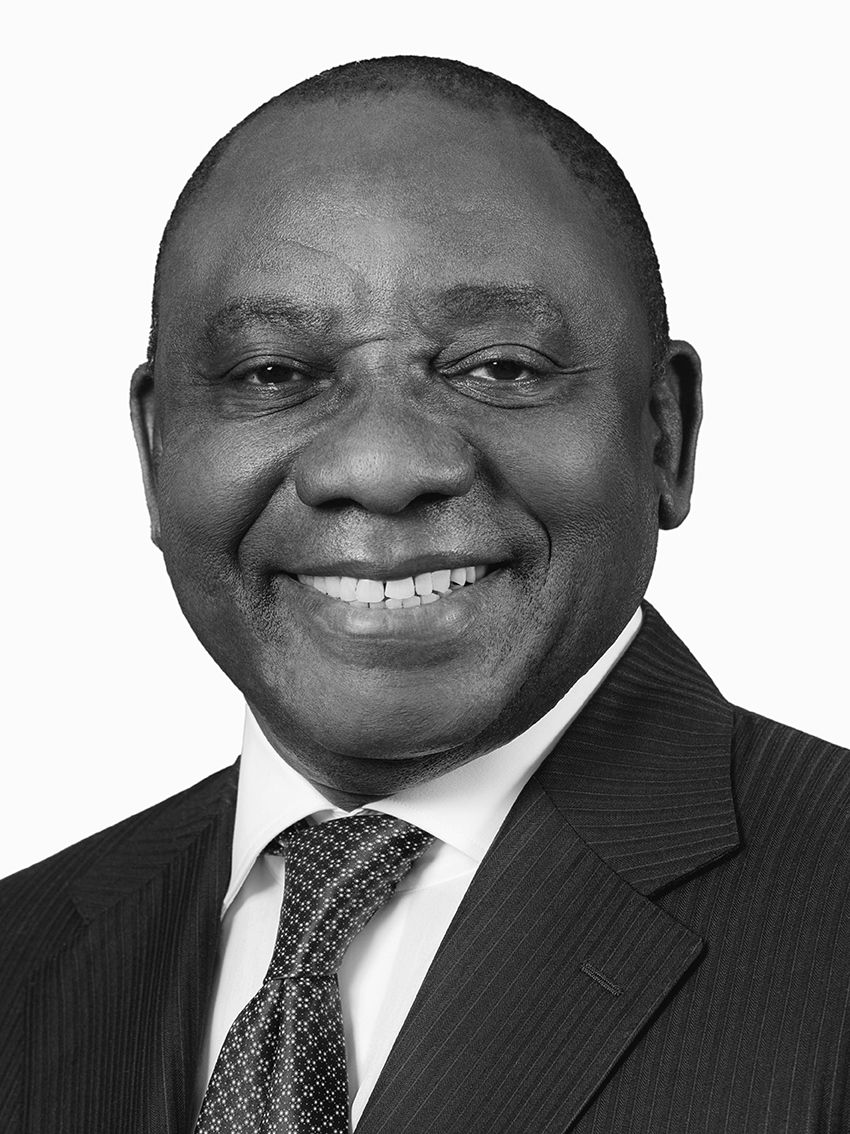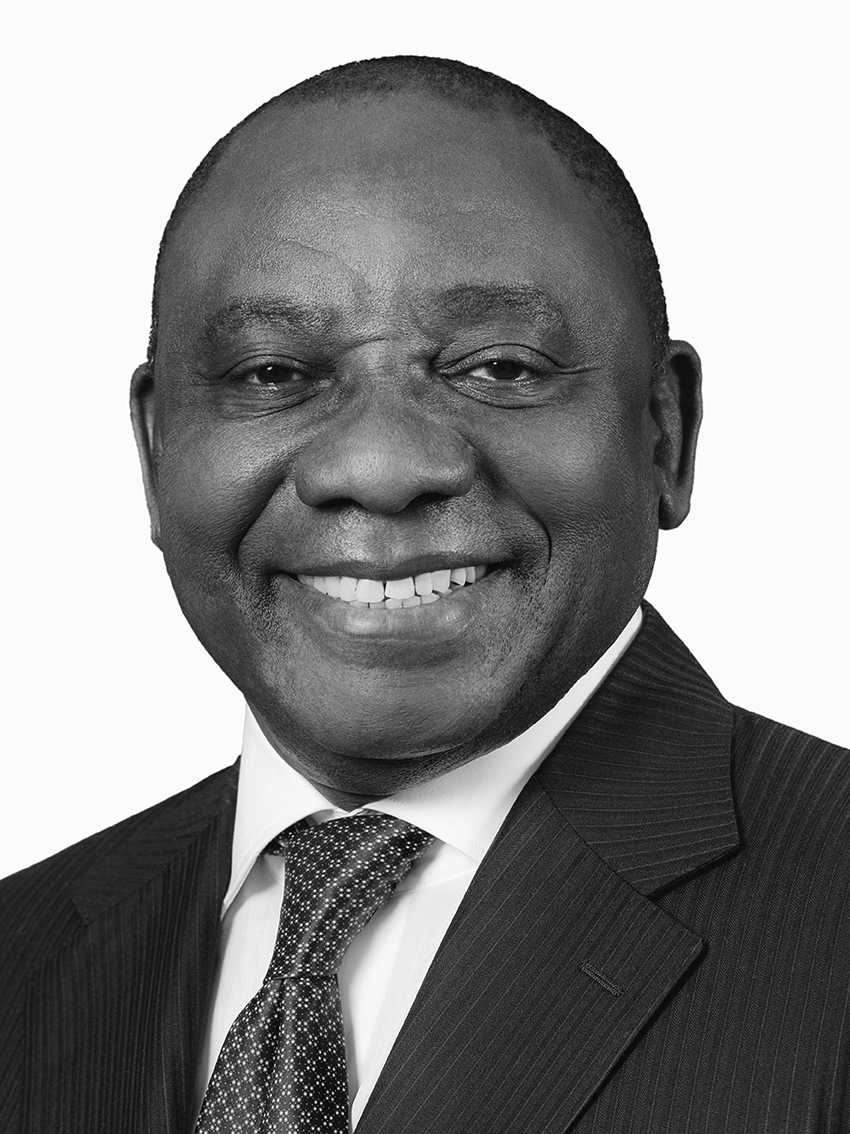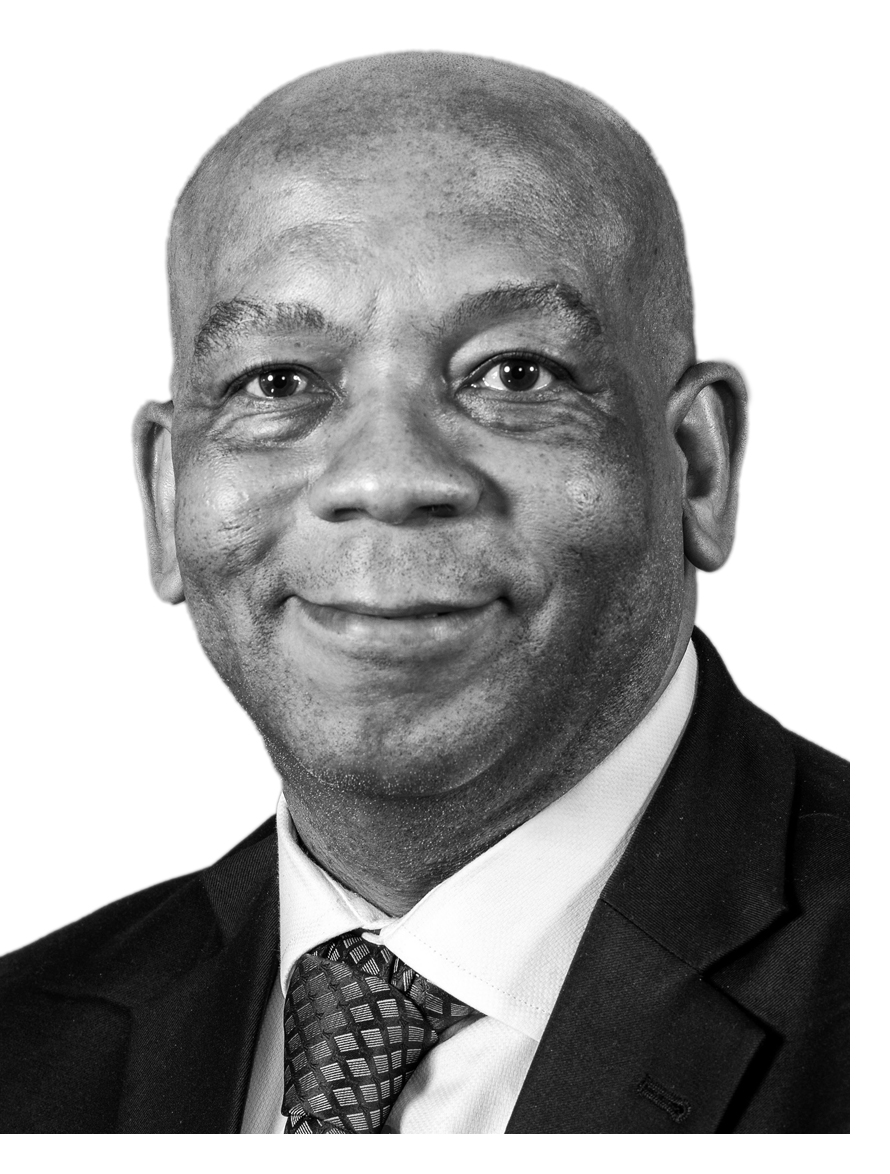Programme Directors, Mr. Phil Molefe and Minister of Sports, Arts and Culture, Mr. Zizi Kodwa,
The extended Magubane Family, oNkomose,oMalinga abalinga amatshe abazintaba, ngiyanibingelela.
Former President Mbeki
Premier of Gauteng, Mr. Panyaza Lesufi,
Bishop Malusi Mpumlwana,
Members of the local and international media fraternity,
The many friends and colleagues of the late Dr. Peter Magubane from South Africa and across the world who have come to be with us here today,
Fellow Mourners,
Today we bid farewell to a distinguished lensman, and one of the finest and most fearless journalists our country has produced.
We have just heard the tributes paid to him by veterans in the media industry.
Having read the many written tributes that have been penned over the past week by people who worked alongside him and were mentored by him, it is clear that the description of him as a legend is a fitting one.
We have in our midst today men and women from the great generation of journalists of which Bra Peter, as he was fondly known, formed part. As we salute him, his contribution and his service to the people of South Africa, I salute you all too.
In doing so I recall the tribute penned and published last weekend by another of our media greats, Mr. Mathatha Tsedu. He described Bra Peter as a freedom fighter, from a cohort of revolutionary media players, “who were guerrillas with their cameras, notebooks and pens.”
To confirm the guerrilla status accorded to him by Mathatha Tsedu, Bra Peter is quoted as having told The Guardian newspaper in 2015 that “I did not want to leave the country to find another life. I was going to stay and fight with my camera as my gun. I did not want to kill anyone, though. I wanted to kill apartheid.”
And a freedom fighter he was.
As The New York Times obituary put it, Peter Magubane’s images documenting the cruelties and violence of apartheid drew global acclaim but punishment at home, including beatings, imprisonment and 586 consecutive days of solitary confinement.
But despite all attempts to break his spirit and to take him away from his craft, he would not put his camera down.
We have heard of how he would smuggle his cameras into hollowed-out bread, milk cartons and I am told even the Bible, to take pictures without the notice of the authorities.
We have heard of how despite having his own job to do and his own deadlines to meet, he was always ready to help and support fellow journalists working with him in the trenches, including the many foreign correspondents who were in the country at the time.
Fellow Mourners,
In the gospel of John, chapter 18, is the trial of Christ.
The Lord is brought before Pilate, who asks him: “So you say you are a king?”
Jesus answered: “It is you who say that I am a king. For this purpose I was born, and for this cause I have come into the world, to bear witness to the truth.”
At the darkest time in the life of our nation, in a South Africa paralysed by injustice, Peter Magubane’s lens bore witness to the truth.
And to quote George Orwell’s famous words, in a time of deceit, telling the truth is a revolutionary act.
At a time when an unjust regime acted with impunity and callous disregard for human life, Peter Magubane’s images exposed its lies.
The apartheid regime did not care much for the lives it was extinguishing, but it cared a great deal about its image, especially about how it was portrayed to the rest of the world.
Peter Magubane’s images, and those of his peers, upended Hendrik Verwoerd’s great lie that apartheid was benign benevolence, a system of the separate but equal, and so-called good neighbourliness.
His archive testifies to an extraordinary range.
For many years he was President Mandela’s official photographer. Some of the most enduring images we have of Madiba were taken by his lens.
He published a number of photography books, including Nelson Mandela: Man of the People, and Nelson Mandela: Life of Destiny.
He was there at the many turning points in the struggle against apartheid, and covered the various states of emergency during the mid 1980’s.
There are his stark images that documented the aftermath of the Sharpeville Massacre in 1960, the 1976 Soweto Uprising, and the many other acts of violence unleashed by the regime.
Later in life he would go on to produce photography on heritage and culture. Amongst them is one of my favourite of his works, The Vanishing Cultures of South Africa. It is an extraordinary collection that documents the lives, customs and cultures of our country’s ethnic groups.
But it is his depictions of everyday life for black South Africans living under apartheid for which he was best known.
These images that he began taking in the 1960’s, appeared in distinguished publications like Drum magazine, Time magazine, the Rand Daily Mail, and others.
One of his best known images, is of a black domestic worker stroking the hair of a white child seated on a Europeans Only bench.
The photograph got worldwide attention for the power of the disturbing scene that it conveyed. That photograph also painted a vivid scene of the meaning of apartheid. It was able to transport the lived experiences of black people in South Africa to many people in distant lands.
As important as it was to him to document the violence and bloodshed, it was equally important to bring home to readers and viewers the true face of petty apartheid with its convoluted and ridiculous laws and rules.
In according him this Special Provincial Official Funeral we as the South African people are giving richly deserved recognition to Dr. Magubane for his contribution to the important craft of journalism.
Above all, we are doing so because bearing witness to injustice everywhere, in all its forms, is, and will forever remain an act of courage that is worthy of the highest acclaim.
When we look at the world today, we see journalists being arrested, persecuted and even killed for doing their job.
As we bid farewell to one of our own legendary journalists, I ask that we remember the more than 100 journalists and media workers who have been killed in Israel’s genocidal war on the people of Gaza.
Indeed, bearing witness to the truth is a revolutionary act.
Standing firm for justice is what must define our humanity.
As we lay Bra Peter to rest today, the International Court of Justice in The Hague will tomorrow begin hearings in the proceedings brought by South Africa against the State of Israel for its crimes committed against the Palestinian people.
Our opposition to the ongoing slaughter of the people of Gaza has driven us as a country to approach the ICJ.
As a people who once tasted the bitter fruits of dispossession, discrimination, racism and state-sponsored violence, we are clear that we will stand on the right side of history.
It is our fervent hope that just as we were able to reconcile and make peace, that the peoples of Israel and Palestine will find a lasting, just peace.
Fellow Mourners,
In this, the 30th year since achieving our democracy, we can be pleased that media and press freedom in South Africa remains strong.
The right to a free press is enshrined in our Constitution.
As a country we can hold our heads up high that we have come very far from the days when Peter Magubane and other journalists were censured, arrested and persecuted for practicing their craft.
We can be proud that our intellectual property regime is robust and protects the rights of journalists, artists, cultural workers and all South Africans and enables them to safeguard and profit off their work.
Above all we can be proud that the South African media continues in the tradition of Dr. Magubane by bearing witness to injustice, to wrongdoing and to malfeasance.
Just as his generation of journalists held the powerful to account, we continue to count on today’s generation of media workers to fulfil this important role without being hindered, obstructed, or censored.
At the same time, we know the immense power of the Fourth Estate in shaping public opinion, in giving an impartial and unbiased account of the truth, and in supporting the development of a nation.
As much as it is critical to point the lens in the direction of wrongdoing, I want to take this opportunity to call on the media to give South Africans an equally balanced view of the progress this country has achieved over the past the 30 years.
Of the progress in terms of educational outcomes, access to healthcare, basic services, constitutional freedoms, and fulfilment of the Bill of Rights.
The South Africa of today is a vastly different place to the South Africa that was the canvas for Dr. Magubane’s lens.
His work documenting apartheid helped shift global opinion against the regime.
At a time when we strive to rebuild our country from a period of great hardship, your balanced work as men and women of the media has the potential to lift the nation’s spirits, to inspire and give us courage, and to bring us hope.
Let us bring too to the people of South Africa the stories of lives transformed, living standards improved, and those areas where there has been positive change. We count on you to be the conscience of a nation, but also the voice of the people, as Dr. Magubane was.
As journalists you should not only be messengers of doom and gloom, but guardians of our democracy and merchants of hope.
Fellow Mourners,
It was the Palestinian historian, academic, writer and activist Edward Said who once said:
“I do not know whether the photograph can, or does, say things as they really are. Something has been lost. But the representation is all we have.”
What we have, what Dr. Peter Magubane has left behind, opens a window into life in South Africa that will be viewed, analysed, cited and studied for generations to come.
Our past may not define us, but we look to it and learn from it as we carve a brighter path forward. Without knowledge of our past, without understanding it, we are, as Marcus Garvey said, a tree without roots.
A great tree has fallen. We mourn Dr. Peter Magubane and pay tribute to his legacy.
To the Magubane family, the nation shares in your loss. May you be comforted by the knowledge that his work lives on.
Farewell, Mkhonto, hamba kahle Nkomose, Dibanto, Jiyane, Msengaduna namathokazi.
Thank you.










